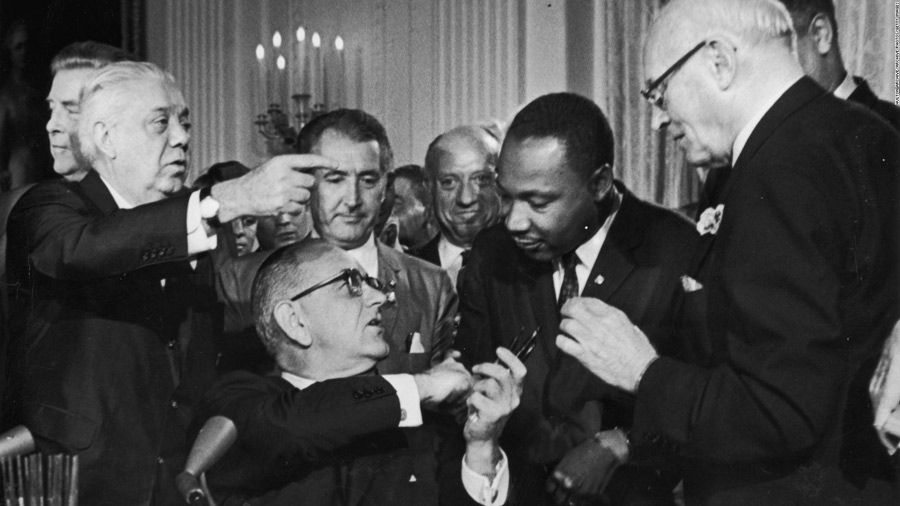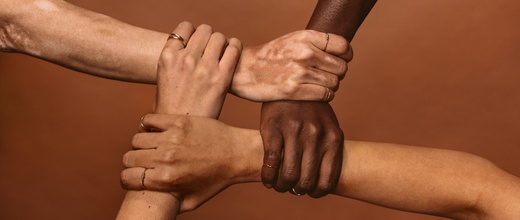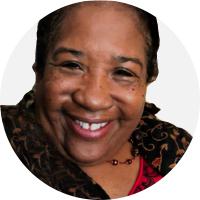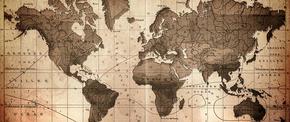The views expressed in our content reflect individual perspectives and do not represent the authoritative views of the Baha'i Faith.
Being an active member of the Baha’i Faith in the United States today means straddling two worlds – the spiritual and the material.
The Baha’i teachings say:
… if material civilization shall become organized in conjunction with divine civilization, if the man of moral integrity and intellectual acumen shall unite for human betterment and uplift with the man of spiritual capacity, the happiness and progress of the human race will be assured. – Abdu’l-Baha, The Promulgation of Universal Peace
What does this mean in reality? How can a person stay focused on the intangible values of the spirit – nobility, altruism and peace – while experiencing the human frailties of hatred, greed and violence?
These terrible traits are the antithesis of the Divine Spirit, which the world’s holy books say potentially exists in the spiritual reality of every human being.
Let’s ponder what the Baha’i Writings say is America’s most vital and challenging issue as a prime example. Reflecting on the essential materialism of racism and racial prejudice, we now live in times where humanity witnesses diametrically opposed responses to acts of racial injustice. We see both extreme hatred and extreme love in this regard, with the responses often dependent on the race of the individuals involved or who witnesses, reads about or experiences these acts.
Within American society, virulent race hatred, enmity and intolerance still exist, more than half a century after the passage of the U.S. Civil Rights Acts. Alternatively, we can all see the growing awareness of the evils of racism, the bane of white supremacy, yet there is an increasing interfaith, interracial, intentional collaboration of concerned American citizens towards community building in pursuit of racial healing and harmony.

President Lyndon Johnson congratulates the Rev. Martin Luther King Jr. at the signing of the 1964 Civil Rights Act.
Can we attribute this racial divide in human behavior to God’s doing? Or does it come from spiritual flaws in an individual human’s character? Does it result from ignorance, a lack of knowledge and awareness of what the Divine teachers – Krishna, Moses, Buddha, Jesus Christ, Muhammad, Baha’u’llah – state about the nature of being human, of being 99.9% the same as all other members of the human family? Does it reveal an inability to recognize that human existence has two dimensions, spiritual and material, or perhaps denying the challenge of being human as simultaneously developing both those inner and outer realities?
To me, born in the USA as a woman of African descent, these questions and this dual existence has provided me with a source of reflecting and learning all of my adult life.
Unfortunately, my life has overflowed with experiences of racial bias and hatred since childhood, and I expect these experiences will continue to affect me, directly or indirectly, until death. I’ve faced the obvious fact that the racial animus and the systemic racial and social injustice which pervades American society will not significantly abate during my lifetime.
The material reality of that divisive, potentially soul-destroying climate of race relations in the United States of America today challenges my growth as a spiritual being.
In response, developing my spirit by turning to the Creator in prayer and meditation has become as absolutely essential as breathing. With so many social and political ills beyond my personal control, far from my sphere of influence or power to change, I recognize that I do have the individual ability to act in inclusive, loving and peaceful ways towards others.
Reading and reflecting on the Word of God bolsters my spirit, reinforces my inner resistance to the negative drumbeat of racial disparities, and influences my positive inclinations to press onward, to choose love, to act through faith, and to demonstrate race unity within my community. The Baha’i teachings give me hope:
Soon will your swiftly-passing days be over, and the fame and riches, the comforts, the joys provided by this rubbish-heap, the world, will be gone without a trace. Summon ye, then, the people to God, and invite humanity to follow the example of the Company on high. Be ye loving fathers to the orphan, and a refuge to the helpless, and a treasury for the poor, and a cure for the ailing. Be ye the helpers of every victim of oppression, the patrons of the disadvantaged. Think ye at all times of rendering some service to every member of the human race. Pay ye no heed to aversion and rejection, to disdain, hostility, injustice: act ye in the opposite way. – Abdu’l-Baha, Selections from the Writings of Abdu’l-Baha
So the malaise of racism, white supremacy and white privilege may appear as a flourishing pandemic, but the Baha’i writings tell us that we can cure it – if and when we unite.
Yes, that does sound like an impossible goal, given today’s conditions and conflicts. In this series of essays, though, let’s look at the Baha’i prescription for unity, and explore how it could potentially work in a society so fraught with racial animosity, prejudice and hatred.

















Comments
Sign in or create an account
Continue with Facebookor